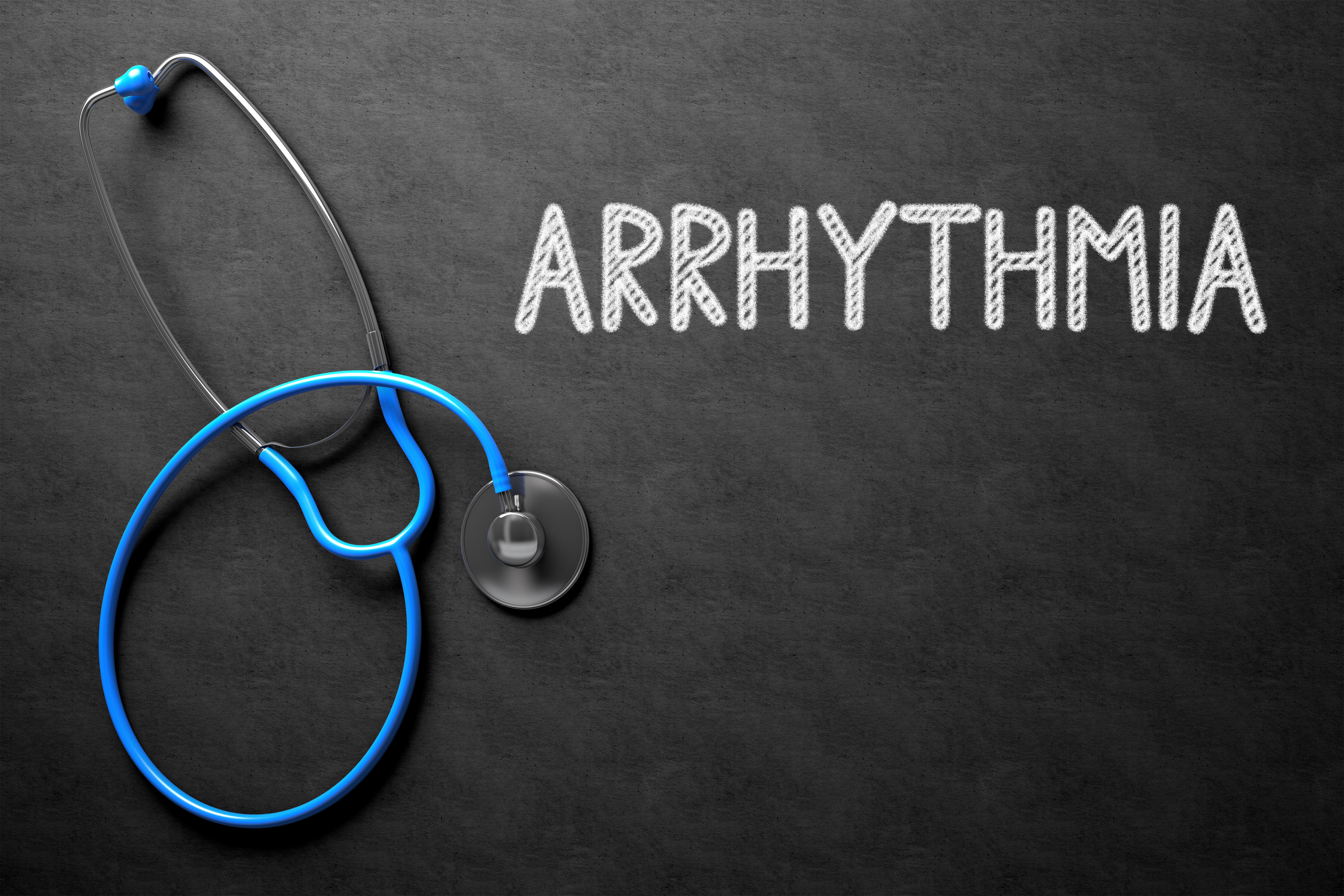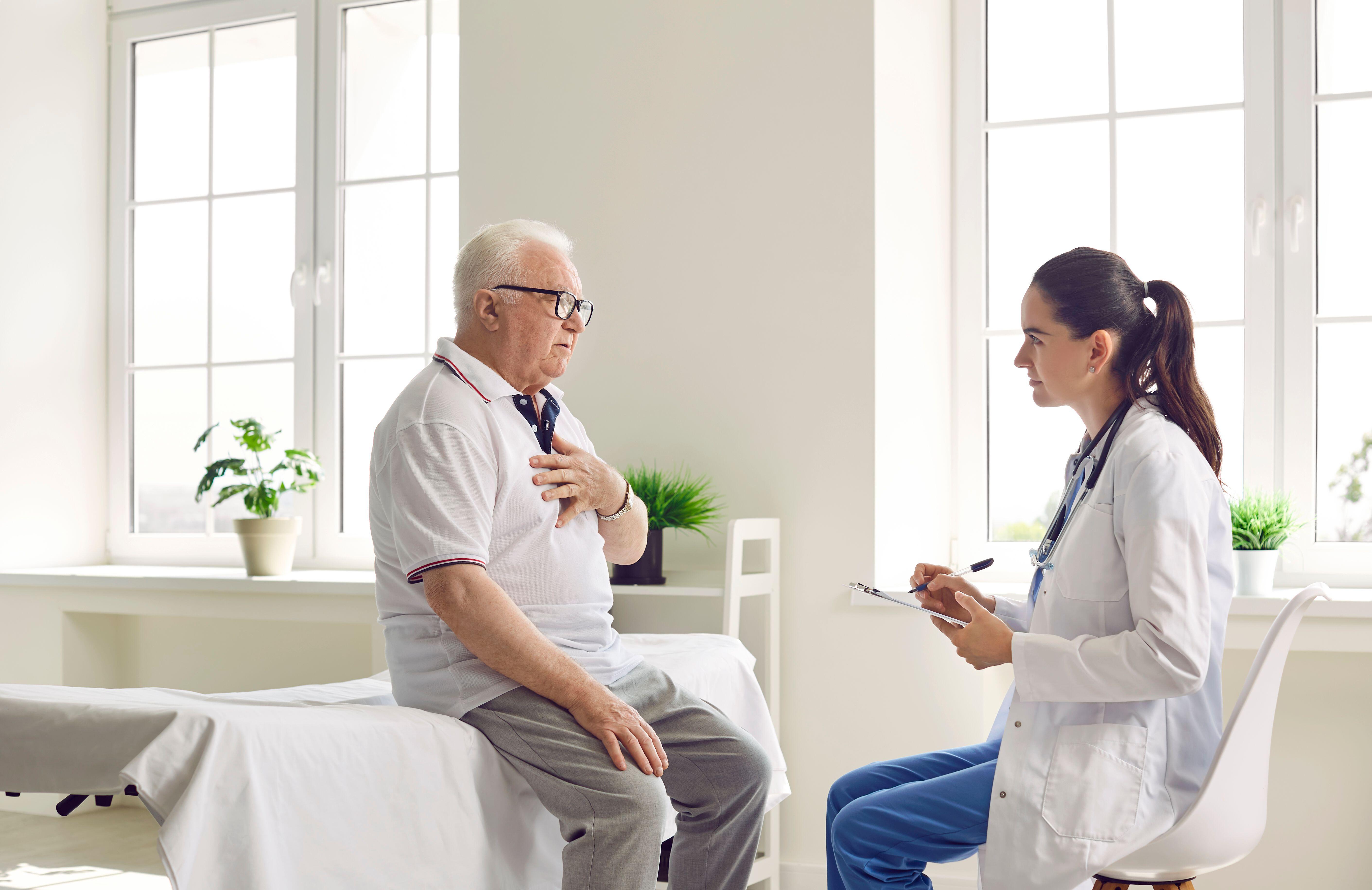NHS patients can now self-monitor their heart health at home with the new Philips ePatch, a do-it-yourself device designed to streamline the diagnosis of heart rhythm issues.
Unlike traditional methods requiring specialist setup and numerous wires, the ePatch is conveniently sent by post for easy at-home attachment.
After a few days of wear, patients simply post the patch back. Its collected data is then analysed by Cardiologs, an advanced AI tool, before a final clinician review.
Frimley Health NHS Foundation Trust is the first in the country to roll out the device, with aspirations for its wider adoption across other NHS trusts. The ePatch can investigate various arrhythmias, including atrial fibrillation, tachycardia, and heart blocks.
Arrhythmias can present in different forms, so we got in touch with Dr Oliver Segal, consultant cardiologist and electrophysiologist at The Harley Street Clinic, part of HCA Healthcare UK, to find out how to identify and manage these conditions.

What is an arrhythmia?
“An arrhythmia is a problem with the heart’s electrical system, which controls how the heart beats,” explains Segal. “Normally, electrical signals cause the heart to beat in a steady, coordinated rhythm.
“However, in arrhythmias these signals become irregular or disrupted, causing the heart to beat too fast, too slow, or in an uneven pattern. This can affect how well the heart pumps blood around the body.”
What are the main types of arrhythmia?
“Atrial fibrillation (AF) is the most common serious arrhythmia, where the upper chambers (atria) of the heart beat in a rapid and irregular way,” says Segal. “AF can significantly increase the risk of stroke and often occurs without noticeable symptoms, making screening important in some individuals.”
Bradycardia and tachycardia are also fairly common types of arrhythmia.
“Bradycardia is when the heart beats too slowly which can cause tiredness, dizziness or fainting,” explains Segal. “Whereas, tachycardia is when the heart beats too fast. This can originate from the upper chambers (supraventricular tachycardia) or the lower chambers (ventricular tachycardia), which can be more dangerous.
“Other arrhythmias include premature atrial or ventricular contractions (extra beats) and more rare conditions like ventricular fibrillation.”
What factors can contribute towards/cause heart rhythm problems?
“Risk factors include heart disease, high blood pressure (which can strain the heart over time) and thyroid problems, especially an overactive thyroid (hyperthyroidism),” says Segal. “In addition, older age and family history can also increase your risk.”
Certain lifestyle factors like smoking and drinking may also have an impact.
“Excessive alcohol intake, too much caffeine, smoking and recreational drugs increase your risk,” notes the cardiologist. “Stress and anxiety can also trigger palpitations or arrhythmias.”
Some prescription and over-the-counter drugs can affect heart rhythm, he adds.
“However, sometimes arrhythmias occur without an obvious cause these are referred to as idiopathic,” says Segal.
What symptoms should we look out for?
“Symptoms can vary but often include palpitations (a fluttering, racing, pounding, or irregular heartbeat) and / or dizziness or light-headedness due to reduced blood flow to the brain,” highlights Segal. “Other signs include shortness of breath (especially during physical activity), chest discomfort, fatigue or weakness due to inefficient heart pumping and fainting or near-fainting episodes.”
When should we get in touch with our GP about these symptoms?

“If someone experiences these symptoms regularly, especially if they worsen or interfere with daily life, they should speak to their GP,” advises Segal. “Tests such as an ECG or a 24-hour heart monitor can help investigate further.”
When should we call 999 or go to A&E about these symptoms?
“Seek emergency help immediately if someone experiences severe chest pain or pressure, a sudden collapse or loss of consciousness and / or severe breathlessness,” says Segal. “Also, seek urgent help if the palpitations are accompanied by dizziness or fainting, or a weakness or numbness on one side of the body or difficulty speaking that could indicate a stroke.”
How can heart rhythm conditions be treated and managed?
Treatment depends on the type and severity of arrhythmia.
“Medications include beta blockers or calcium channel blockers to slow the heart rate, anti-arrhythmic drugs to restore normal rhythm, and anticoagulants (blood thinners) to reduce the risk of stroke, particularly in AF,” says Segal.
Lifestyle changes can also make a noticeable difference.
“Reducing alcohol and caffeine intake, quitting smoking, managing stress, maintaining a healthy diet, exercising regularly and controlling other conditions like high blood pressure or diabetes can all help,” says Segal.
When is surgery considered and what does this involved?
If medications are not effective or appropriate, procedures such as pacemaker implantation, catheter ablation or implantable cardioverter-defibrillator might be recommended.
“Pacemaker implantation is when a small device placed under the skin to regulate slow or irregular heartbeats and an implantable cardioverter-defibrillator can be used to detect and correct dangerous arrhythmias,” explains Segal.
“Catheter ablation is a minimally invasive procedure using heat (radiofrequency), cold (cryoablation), or pulsed field ablation to destroy small areas of abnormal heart tissue causing arrhythmias. This can often cure or significantly improve symptoms.”


